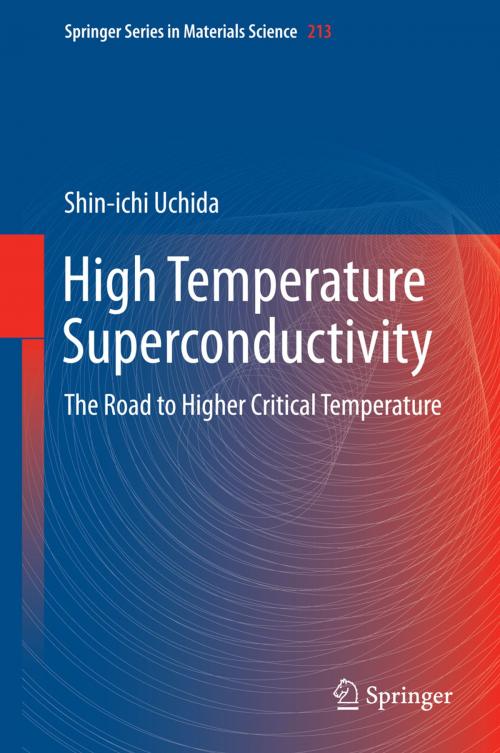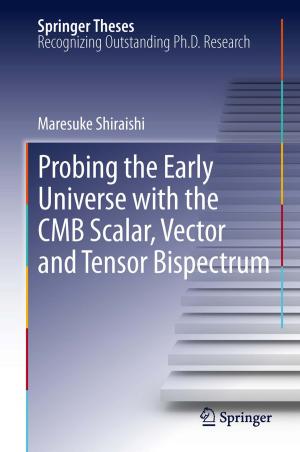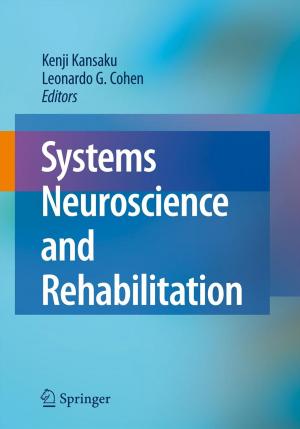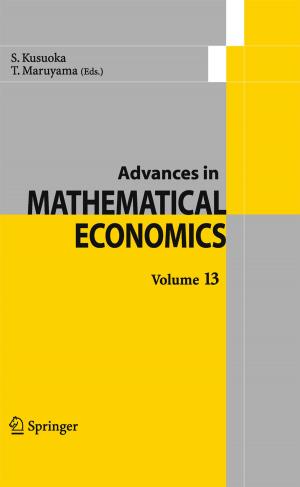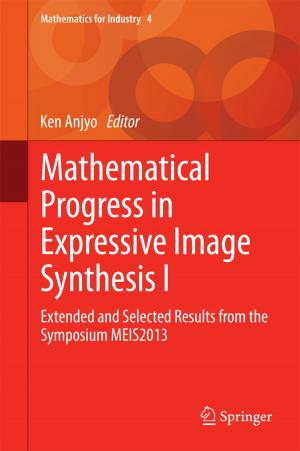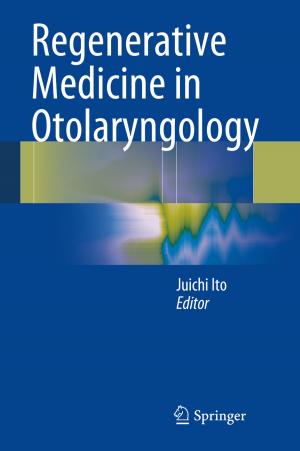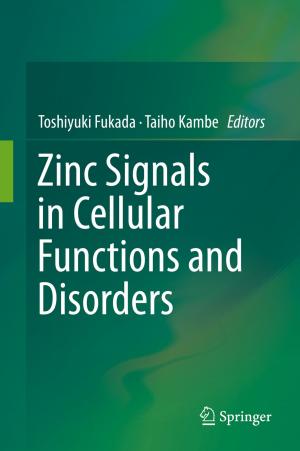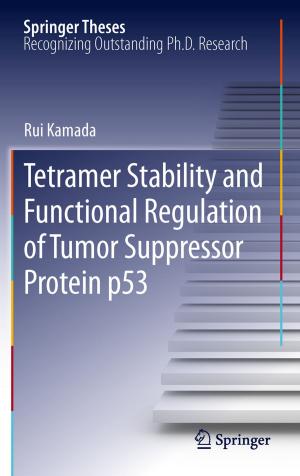High Temperature Superconductivity
The Road to Higher Critical Temperature
Nonfiction, Science & Nature, Technology, Superconductors & Superconductivity, Science, Physics, Thermodynamics| Author: | Shin-ichi Uchida | ISBN: | 9784431553007 |
| Publisher: | Springer Japan | Publication: | November 20, 2014 |
| Imprint: | Springer | Language: | English |
| Author: | Shin-ichi Uchida |
| ISBN: | 9784431553007 |
| Publisher: | Springer Japan |
| Publication: | November 20, 2014 |
| Imprint: | Springer |
| Language: | English |
This book presents an overview of material-specific factors that influence Tc and give rise to diverse Tc values for copper oxides and iron-based high- Tc superconductors on the basis of more than 25 years of experimental data, to most of which the author has made important contributions. The book then explains why both compounds are distinct from others with similar crystal structure and whether or not one can enhance Tc, which in turn gives a hint on the unresolved pairing mechanism. This is an unprecedented new approach to the problem of high-temperature superconductivity and thus will be inspiring to both specialists and non-specialists interested in this field.
Readers will receive in-depth information on the past, present, and future of high-temperature superconductors, along with special, updated information on what the real highest Tc values are and particularly on the possibility of enhancing Tc for each member material, which is important for application. At this time, the highest Tc has not been improved for 20 years, and no new superconductors have been discovered for 5 years. This book will encourage researchers as well as graduate-course students not to give up on the challenges in the future of high- Tc superconductivity.
This book presents an overview of material-specific factors that influence Tc and give rise to diverse Tc values for copper oxides and iron-based high- Tc superconductors on the basis of more than 25 years of experimental data, to most of which the author has made important contributions. The book then explains why both compounds are distinct from others with similar crystal structure and whether or not one can enhance Tc, which in turn gives a hint on the unresolved pairing mechanism. This is an unprecedented new approach to the problem of high-temperature superconductivity and thus will be inspiring to both specialists and non-specialists interested in this field.
Readers will receive in-depth information on the past, present, and future of high-temperature superconductors, along with special, updated information on what the real highest Tc values are and particularly on the possibility of enhancing Tc for each member material, which is important for application. At this time, the highest Tc has not been improved for 20 years, and no new superconductors have been discovered for 5 years. This book will encourage researchers as well as graduate-course students not to give up on the challenges in the future of high- Tc superconductivity.
